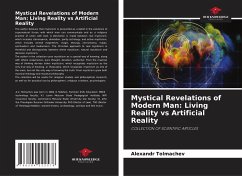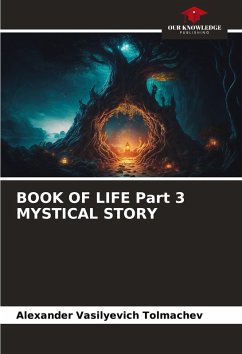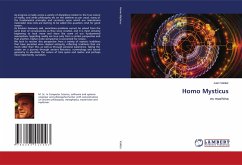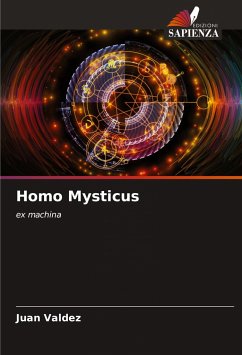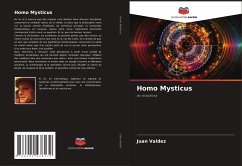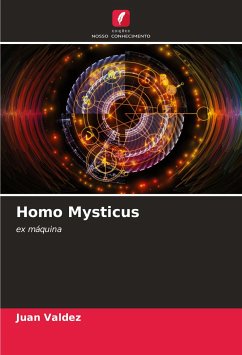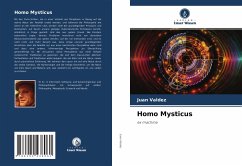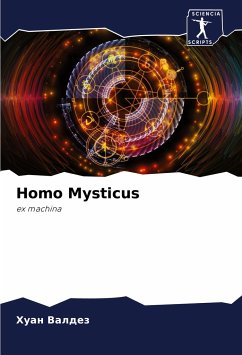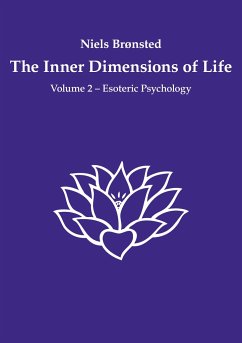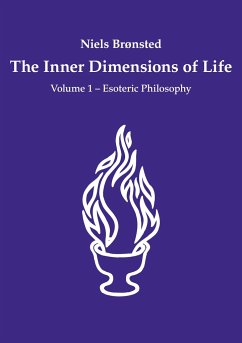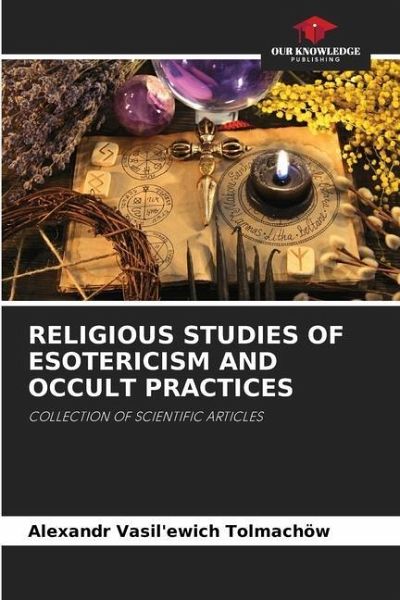
RELIGIOUS STUDIES OF ESOTERICISM AND OCCULT PRACTICES
COLLECTION OF SCIENTIFIC ARTICLES
Versandkostenfrei!
Versandfertig in 6-10 Tagen
27,99 €
inkl. MwSt.

PAYBACK Punkte
14 °P sammeln!
The terms "esotericism" and "occultism" used to be used interchangeably, but today they can be separated, understanding by esotericism theoretical constructions and by occultism astrological, magical, alchemical and other practices. Mysticism is presented as a belief in the existence of supernatural forces with which man can communicate, and as a religious practice of union with God. Mysticism is distinguished as real mysticism, which includes clairvoyance, divination, partly astrology; and as active mysticism, which includes animal magnetism, magic, theurgy, necromancy, magic, spiritualism, a...
The terms "esotericism" and "occultism" used to be used interchangeably, but today they can be separated, understanding by esotericism theoretical constructions and by occultism astrological, magical, alchemical and other practices. Mysticism is presented as a belief in the existence of supernatural forces with which man can communicate, and as a religious practice of union with God. Mysticism is distinguished as real mysticism, which includes clairvoyance, divination, partly astrology; and as active mysticism, which includes animal magnetism, magic, theurgy, necromancy, magic, spiritualism, and mediumism. The Christian approach to real mysticism is threefold and distinguishes between divine mysticism, natural mysticism, and demonic mysticism. In religious studies, magical rituals, ritual actions, and incantations are seen as a way of influencing natural and divine forces that can help bring about mystical creation.The collection will be useful for religious studies and philosophical research, as well as for practical use by philosophers, religious scholars, and psychologists.



